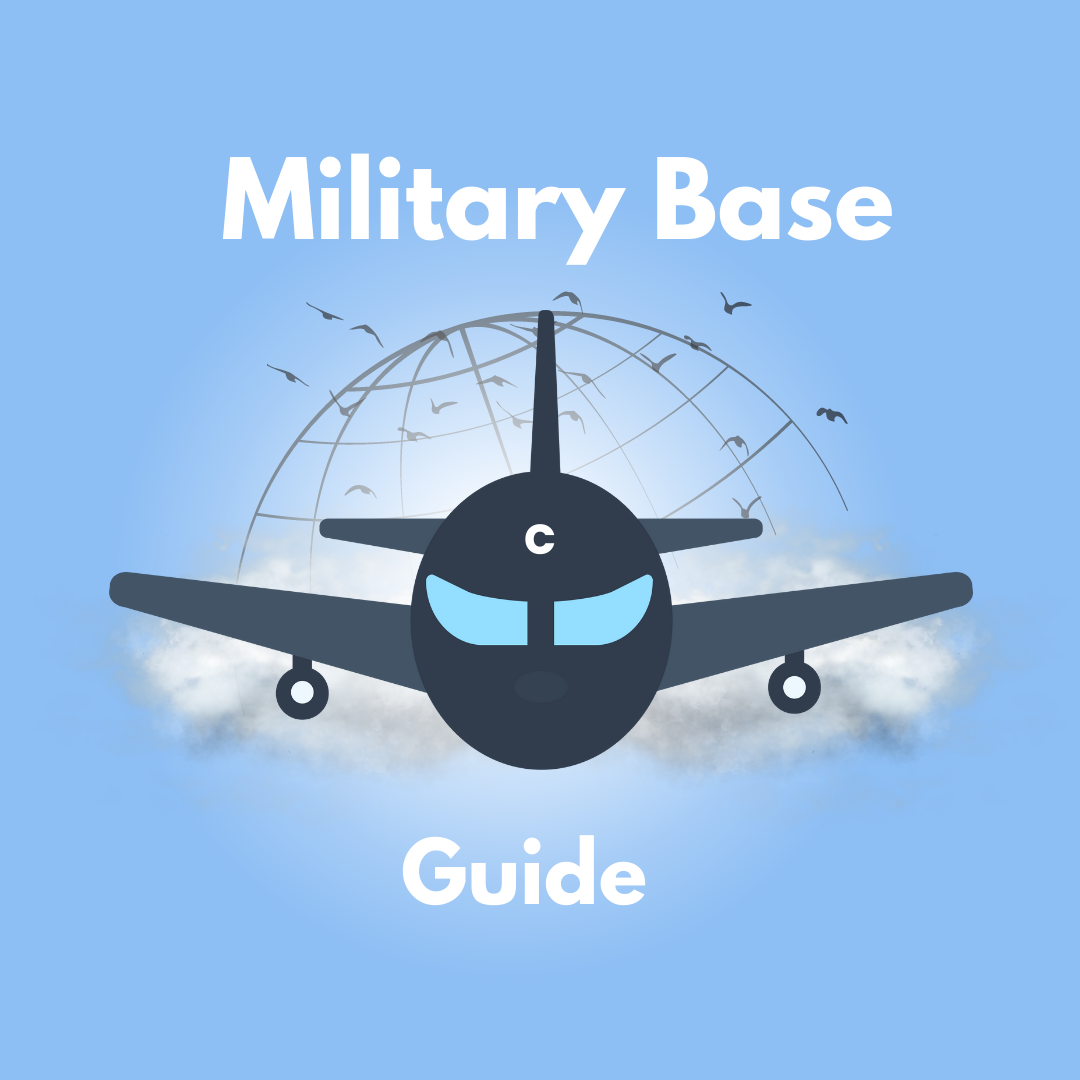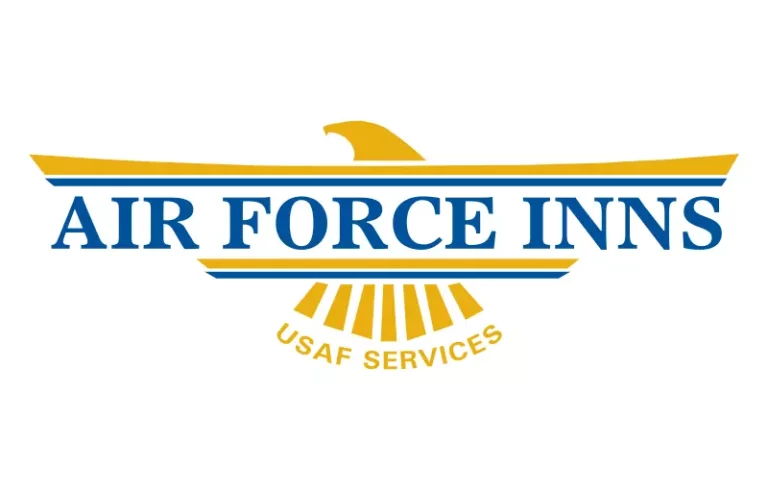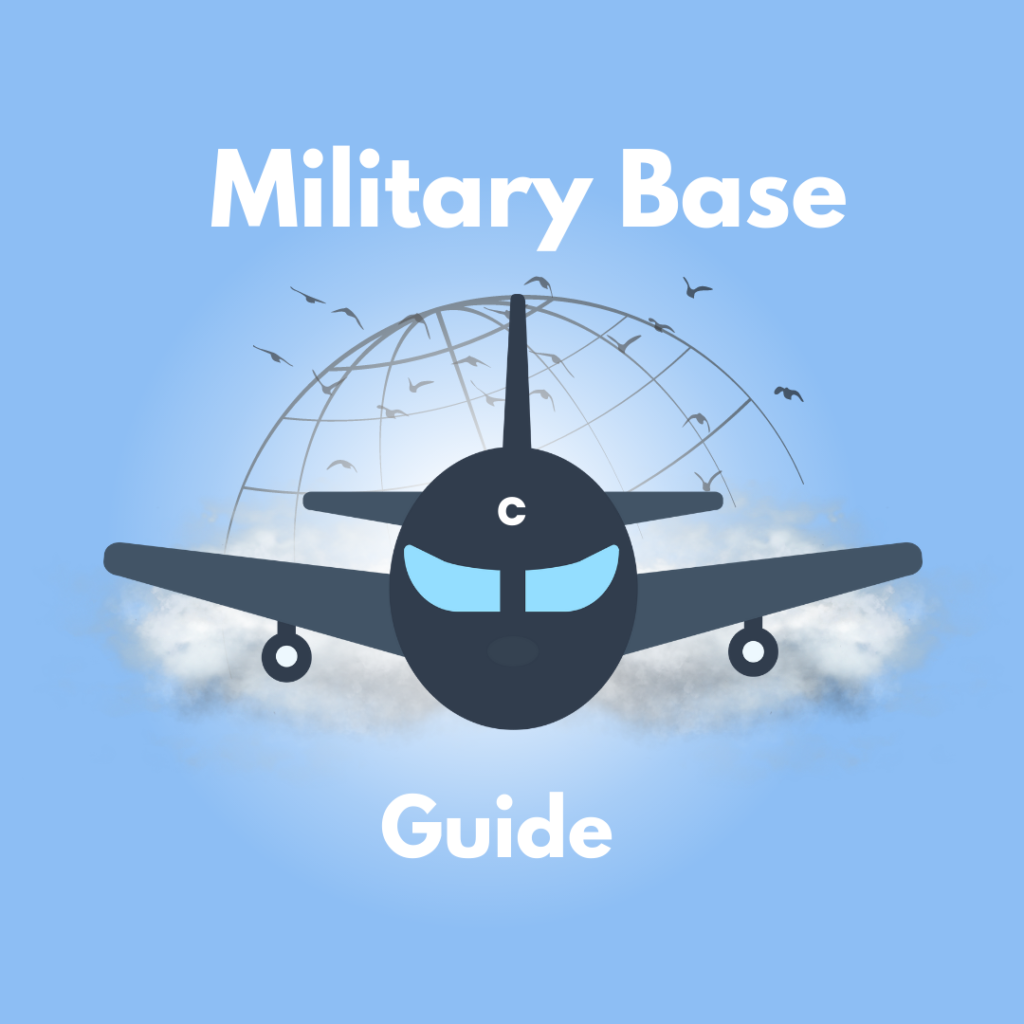Navigating Life with PCS: Strategies for Coping and Recovery
Dealing with post-concussion syndrome (PCS) can be an overwhelming and challenging experience. PCS is a condition that affects individuals who have suffered a concussion, causing persistent symptoms such as headaches, dizziness, fatigue, and difficulty concentrating. Coping with these symptoms and striving towards recovery is crucial for individuals grappling with PCS. This article aims to provide strategies for navigating life with PCS, helping individuals cope with their symptoms and work towards a better future.
Acceptance and Understanding:
The first step towards coping with PCS is accepting the condition and understanding its effects. Recognizing that PCS is a real and valid medical condition is essential for individuals to come to terms with the changes they may experience. Finding reliable healthcare professionals specializing in concussion management can offer valuable insight and support for understanding and managing PCS symptoms.
Rest and Recovery:
Rest is paramount in recovering from a concussion and managing PCS. It is essential to prioritize self-care and allow yourself the time and space to heal. This means getting an adequate amount of quality sleep, avoiding overexertion, and taking regular breaks throughout the day. Engaging in relaxation techniques, such as deep breathing exercises or meditation, can also help reduce stress levels and aid in recovery.
Gradual Return to Activities:
Once symptoms begin to improve, individuals with PCS can gradually reintroduce activities into their lives. Start with small, low-stress tasks and gradually increase the complexity and duration of activities. It is crucial to listen to your body and not push yourself too far. Understanding and respecting your limits will help prevent setbacks and promote steady progress.
Physical Rehabilitation:
Physical rehabilitation can play a crucial role in managing PCS symptoms, particularly those related to balance and coordination. Working with a trained physical therapist can help individuals retrain their brain and body to regain lost skills and reduce symptoms. Implementing specific exercises, balance and coordination drills, and vestibular rehabilitation techniques can enhance recovery and improve quality of life.
Cognitive Rehabilitation:
Cognitive symptoms, such as difficulty concentrating and memory problems, are common with PCS. Implementing cognitive rehabilitation techniques can help individuals regain cognitive function and improve their ability to perform everyday tasks. Memory exercises, attention training programs, and techniques for managing cognitive overload, such as breaking tasks into smaller steps, can all be beneficial.
Psychological Support:
Living with PCS can be mentally taxing, and seeking psychological support is crucial. Connecting with a counselor or therapist who specializes in working with individuals with brain injuries can provide emotional support and strategies for managing the psychological impact of PCS. Techniques such as cognitive-behavioral therapy can be particularly helpful in managing stress, anxiety, and depression associated with PCS.
Supportive Network:
Building a strong support network is invaluable when coping with PCS. Surround yourself with understanding and empathetic individuals who can provide emotional support and encouragement throughout the recovery process. Online support groups or local concussion support networks can also be a valuable resource for connecting with others facing similar challenges and exchanging coping strategies.
Patience and Self-Compassion:
Lastly, it is essential to practice patience and self-compassion throughout the PCS recovery journey. Recognize that progress may fluctuate, and setbacks may occur. Be gentle with yourself and celebrate small victories along the way. Developing a positive mindset and focusing on achievable goals can help instill hope and motivation during challenging times.
Navigating life with PCS is undoubtedly a difficult task, but implementing these strategies can help individuals cope with their symptoms and work towards recovery. Remember that every journey is unique, and what works for one person may not work for another. Combining a comprehensive approach, including rest, rehabilitation, psychological support, and a supportive network, can significantly enhance the quality of life for those living with PCS.






